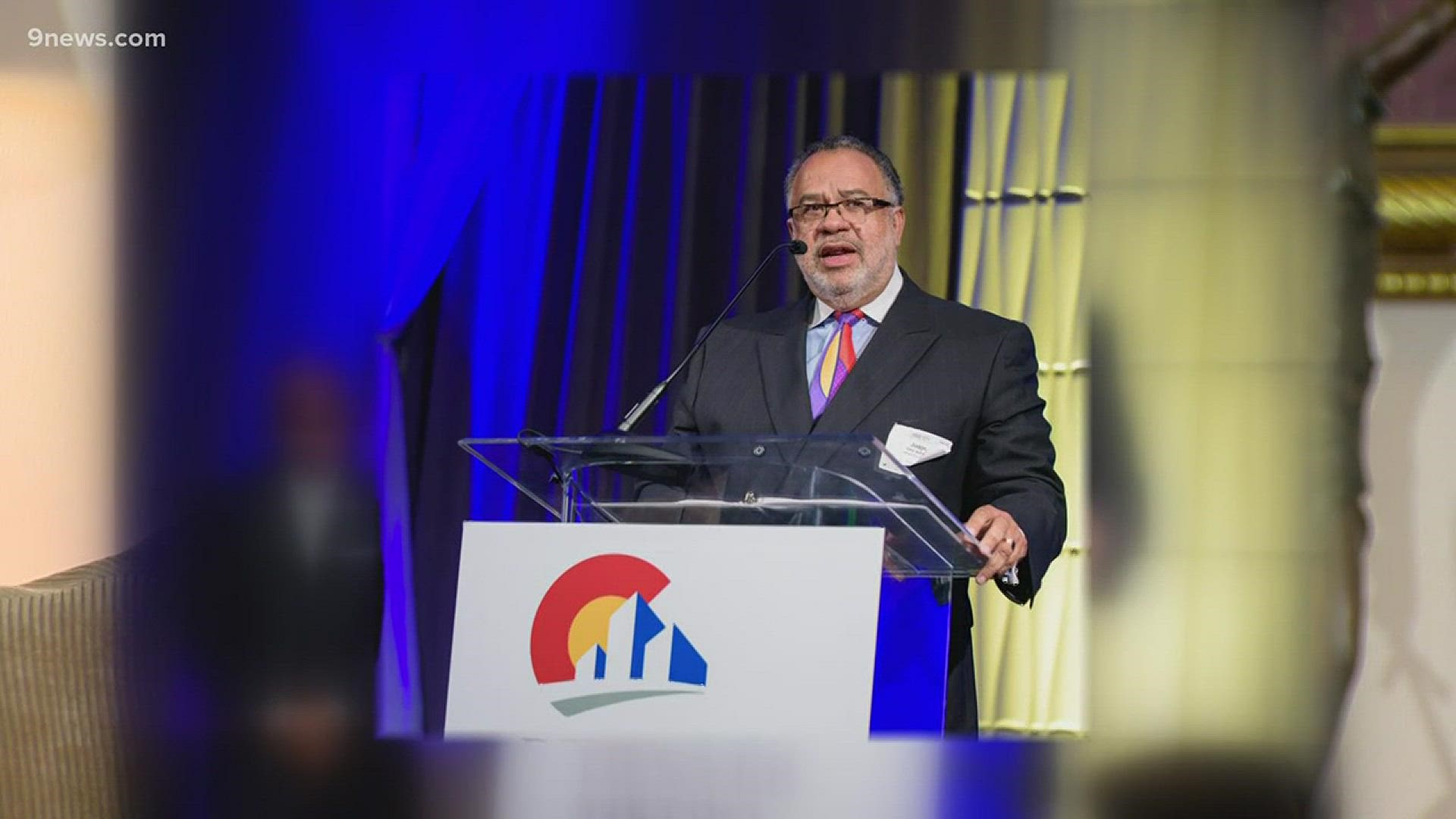DENVER — Diversity is lacking when it comes to the law profession, according to numbers from the American Bar Association.
It says in Colorado, minorities make up just over 10 percent of practicing lawyers.
Gary Jackson, a current Denver County Court Judge, described Denver as a place of opportunity. That's when he began his career here.
“In 1970, I was hired by the Denver District Attorney’s Office, which at the time was uncommon," Jackson said. "At that time I was the only black prosecutor in the state. There were no black law professors there were no black partners on 17th Street.”
The term 17th Street describes a corporate section that Jackson and other black attorneys dreamed of being part of someday.
“At the time there were a total of fifteen black attorneys in the state of Colorado,” said Jackson.
The numbers were even lower when talking about Black judges. Judge James Flannigan was the only one at the time.
A change was about to happen, but it would take some courage.
“In 1971, seven of us formed the Sam Cary Bar Association which is the Association of Black Attorneys and judges,” said judge Jackson.
This association helped crack open closed doors for both black men and black women, like Dianne Briscoe. She is a retired Denver County Court Judge.
“Law school was a big struggle," said Briscoe.
She found it hard just to find people to study with while in law school.
“I was invited into a study group by a white student and he said I will get in touch with you and let you know when and where we’re meeting, and he never got in touch with me,” said Briscoe. “I was always alone and did everything alone, but I made it through.”
She learned earning a degree didn’t mean her struggles were over. Briscoe was told to advance her career she would have to take a demotion at the Denver Department of Human Services.
“I was the first and only African American attorney to work in that section of the city attorney’s office and the people who told him that, felt pressured that they had to take me,” said Briscoe. “I took the demotion and found out years later that I didn’t have to and shouldn’t have taken a demotion.”
The story is one former Associate Dean at the University of Denver Law School, Patty Powell, can relate to.
She turned to the Sam Cary Bar Association members for help.
“It had grown to more than seven members by 1985,” said Powell. “In 1986 Sam Cary Bar hosted the national bar association which gave us national recognition.”
RELATED: Black History Month: Cemetery provides glimpse of Denver's African American historical figures
Over the years it has helped many people find their way in the law profession.
“It provides a safe space for those who are working in a large or majority white legal workplace to let their hair down," Powell said.
Today, there are more black lawyers and judges than 50 years ago but the work that's been going on over the past 5 decades needs to continue.
“Diversity is about being invited to the dance and inclusion is about being asked out on the dance floor once you get there,” Powell added.
“Although we have made an impact there is still not the proportionate impact that we need to make and that is where black history month becomes important to recognize that we have made progress that there are still doors to open,” said Judge Jackson.
Judge Jackson says out of 30 appellate court judges in Colorado there is just one African American. They will retire in May of this year.
SUGGESTED VIDEOS | Local stories from 9NEWS

